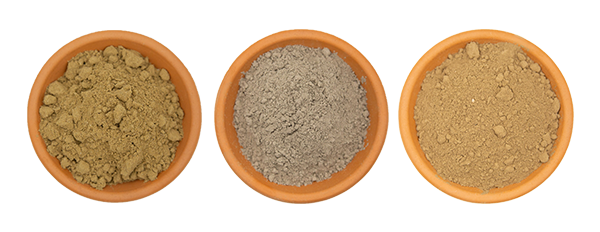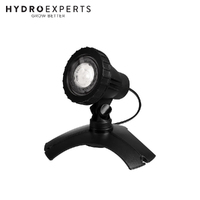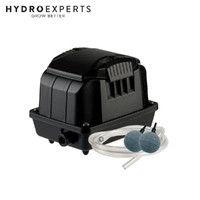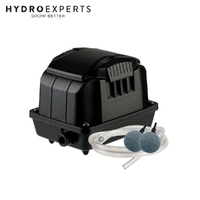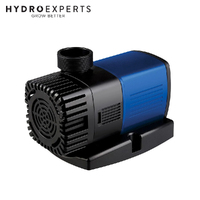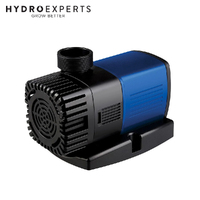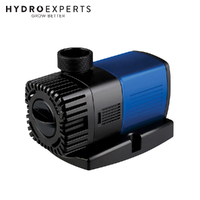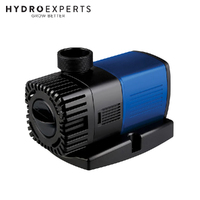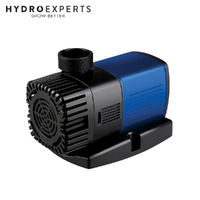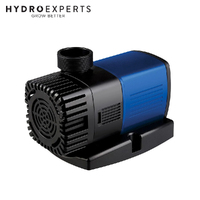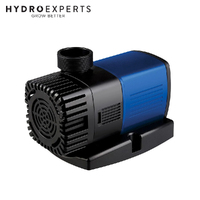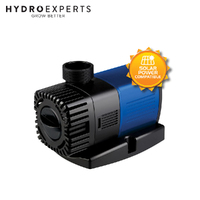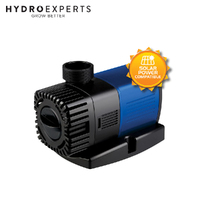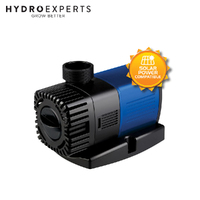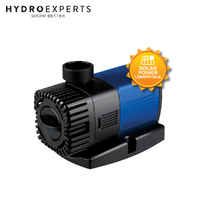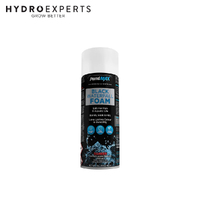PondMax Australia offers a wide selection of high-quality pond products to create and maintain your ideal backyard oasis. Whether you need a pond liner to create a new pond or a submersible water pump to keep the water flowing, we have the products to meet your needs. Our low voltage water pumps are efficient and easy to install, coming in both submersible and inline styles.
For a beautiful ambiance, choose from our selection of LED pond lighting options. Our lights use little energy but provide big beauty, illuminating the plants and fish in your pond after dark. We also offer a full range of pond plumbing supplies and fittings to install and maintain water features.
To keep your pond healthy, we have filtration systems to remove debris and excess nutrients as well as treatments and products for pond care. Our filtration systems use various media and mechanical techniques to clarify and oxygenate the water, helping to ensure optimal conditions for fish and plants.
Whether you need to replace an old pond pump, install a new liner or lighting system, or need supplies to maintain an existing water feature, Hydro Experts has the products, expertise and friendly service to meet all your pond needs. We carry only the highest quality pond products to help you achieve the peaceful oasis you envision.
1 Related Content Found
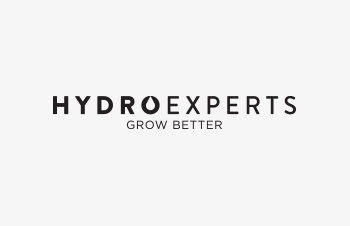
Hydroponics & Aquariums Water Chillers
Q: Do I need to obtain permission from my local council for my pond project?
A: Before diving into your pond project, it's crucial to reach out to your local Town or Shire Council to understand their specific approval procedures. Regulations can differ across States or Territories and even from one Shire to another. Be informed about any restrictions or requirements for above or below ground ponds, especially concerning fencing or child safety measures. Once you're clear on your responsibilities, you can embark on your pond journey.
Q: Which material is best for constructing my pond?
A: Several materials can be used to craft ponds, including:
- PVC or EPDM liner
- Concrete
- Fiberglass
- Pre-formed plastic
Each has its own set of pros and cons concerning initial cost, installation expense, availability, and appropriateness for your envisioned pond. With the plethora of choices, it's beneficial to consult a pond specialist at your local PondMAX dealer to pinpoint the optimal product for your unique needs.
Q: What factors should I keep in mind when purchasing a pool liner?
A: Opting for a low-priced liner might seem tempting, but a leaky pond after weeks of effort can be frustrating. A durable liner tailored for Australian conditions ensures the longevity and aesthetic appeal of your pond.
PondMAX Advice: Always finalize the dimensions of your pond base before acquiring a liner. This prevents unnecessary expenses or shortages.
Q: Is it possible to join sections of my pond liner?
A: Absolutely. For PVC liners, a specific PVC liner adhesive can create a robust, watertight seal. For EPDM liners, a combination of primer and double-sided tape works wonders. Conducting this on a flat surface, like a driveway or patio, is most effective.
Q: Why is filtration crucial for ponds?
A: Filtration maintains a pristine pond and a thriving fish community. Achieving the perfect balance for biological filtration is a breeze with the correct tools and expertise. Your PondMAX dealer stocks a variety of pumps, filters, and treatments to ensure your pond remains vibrant and healthy.
Q: Can I create my own filter?
A: While crafting a DIY biological filter is feasible, and PondMAX provides various media like bio balls, filter matting, ceramic noodles, and natural zeolite chips, it may not always be cost-effective. A pre-designed filter, with its well-thought-out features, could be a smarter investment, especially when considering maintenance time and overall expenses.
Q: How long should my filter operate each day?
A: For a healthy pond, a biological filter should be operational continuously. Hence, energy-efficient pumps like the PondMAX EVO range are ideal for filtration systems.
Q: How durable are filter pads?
A: The lifespan of filter pads can vary based on the pond's location and other unique factors. However, a general guideline suggests that filter sponges should last at least two years. Replacement sponges are readily available.
Q: Why isn't my pump's filter maintaining clear water?
A: The tiny sponge filters on some pumps aim to prevent debris from damaging the pump's impeller. They aren't equipped to purify water.
Q: When should I consider getting a filter?
A: Ideally, while conceptualizing your pond, you should simultaneously plan the filtration. Even if you're on a budget initially, making provisions during construction allows for easy integration later on.
Q: How does a pond filter function?
A: At its core, biological filtration engages in the nitrogen cycle. This process transforms organic pollutants – be it fish excrement, decayed plant residue, or surplus fish feed – from toxic substances to harmless ones using oxygen and bacteria. Without this transformation, algal blooms could flourish, and fish could perish.
Q: Are filter bacteria harmful?
A: No. Such bacteria are naturally present in all aquatic ecosystems.
Q: Why does my filter emit an odor when I open it?
A: A working filter will give off a distinct smell due to the bacteria efficiently breaking down pollutants. If you detect the scent of nitrogen gas, it indicates your filter is functioning optimally.

